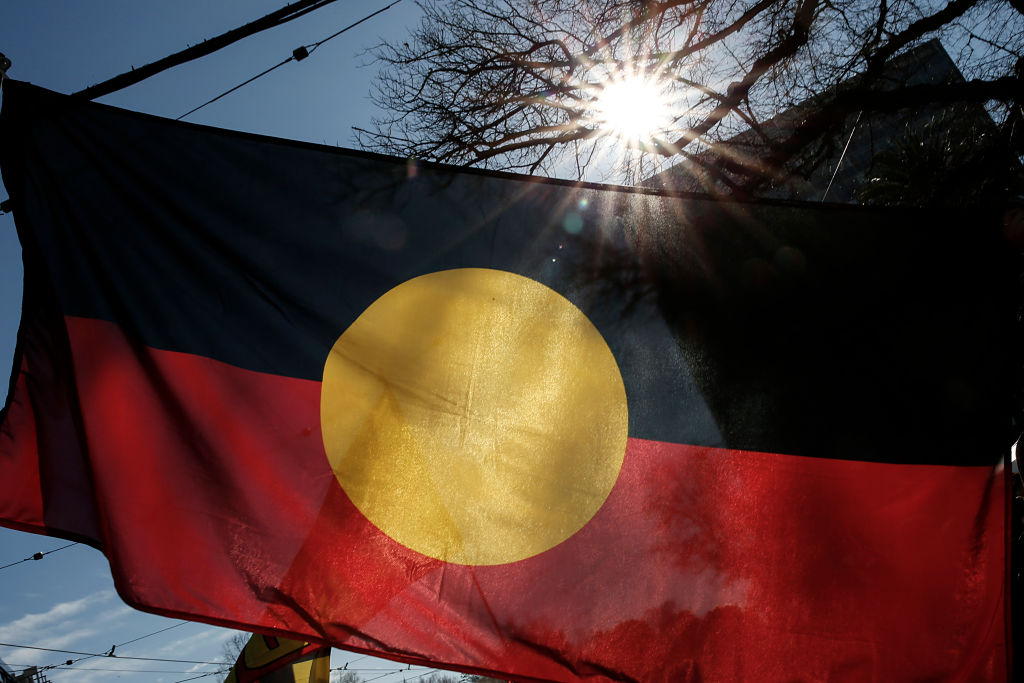Regardless of how the Voice referendum goes, there is a lot we can do to improve the lot for our Indigenous brothers and sisters now.
It is disgraceful that in 2023, and after spending more than $30 billion a year on God knows what, 40 to 70 per cent of Aboriginal and Torres Strait Islander people over 15 have low or poor literacy.
Urgently improving on this intergenerational problem of low levels of literacy should be a priority for this and future Australian governments at both federal and state levels.
My youngest daughter, Lucy, attended a systemic Catholic school (St Scholastica’s) in Glebe as a boarder from 2007 to 2009. A number of Indigenous girls from remote communities were boarders at the school as part of a federal government program. The results were startling. Many went on to tertiary education, and a number went back to help in their communities as teachers / nurses / social workers.
Ngemba man Jack Beetson (I wonder if he’s related to the famous footballer Arthur Beetson?), Adjunct Professor at the Australian Centre for Agriculture and Law at the University of New England, recently wrote in The Australian that despite widespread knowledge of the literacy problem and the potential benefits of closing the gap if it were tackled, there had been little political imperative and action to improve Indigenous literacy. The Royal Commission into Aboriginal Deaths in Custody had called for a mass literacy program, but this call fell on deaf ears.
Professor Beetson went on to say: “If the recommendations of the taskforce and commission had been enacted, the trickle-through effect on the younger generations should by now be revealing stunning results – improved education levels, job opportunities, lower Indigenous rates of incarceration, and numerous other social and economic benefits.”
Professor Beetson knows the hard way how beneficial education is. Born in Nyngan, NSW, he was the son of a drover father and a medical orderly mother. He picked cotton as a boy, and learnt how to read with the help of his sister-in-law.
He is a director of the Literacy for Life Foundation, an Aboriginal-led adult literacy charity, and he says that internationally designed, low-cost, high-impact programs had cut illiteracy levels in communities in NSW, QLD, and the NT by up to 24 per cent. In Wilcannia, it dropped the illiteracy rate by 20 per cent; in Bourke, by 24 per cent. The program created jobs for Indigenous Australians and led to its graduates getting jobs. Maybe if this and similar programs were rolled out in all outback communities as part of a massive nationwide literacy campaign, we would very quickly see huge benefits flow into these communities.
It beggars belief that successful programs such as these have not been made mandatory in Australia.
Regardless of what happens to Albo’s Voice referendum, common sense initiatives like this are desperately needed. I’m sure Noel Pearson, my old mate Julian Leeser (voting “yes”), Jacinta Price and Warren Mundine (voting “no”) would be happy to push for an immediate nationwide priority initiative to improve Aboriginal and Torres Strait Islander literacy.
Education is the key. Just ask Professor Beetson.



